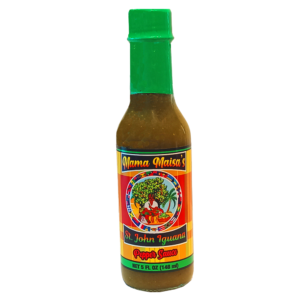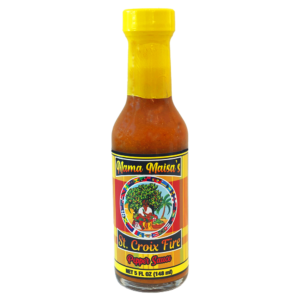BitCoin has made headlines due to its shares reaching 40 dollars. A decentralized electronic currency that launched three years ago has reached the mainstream markets. WordPress – the Content Management System this website is built in has recently created a module to accept the currency for sites with e-commerce functionality. The concept was conceived by an anonymous Japanese hacker named Satoshi Nakamoto and now is accepted on most websites and countries. You can even request to receive tangible coins. A true pillar of the Third Industrial Revolution at work where the Internet is being occupied as a conduit for revolution. To get started, simply download the free open sourced software and you are on your way. To search for BitCoiners in your zip code visit LocalBitCoins.
[divider]
Africa
Recently, the Technology Review published by MIT ran a story about German software developer Rüdiger Koch, a consultant to the U.K.-based bitcoin exchange Intersango, who spoke at the Mobile Money Africa event in Lagos, Nigeria who sees Africa as a fertile ground for Bitcoin development.
There, Koch told the audience of businesspeople and government officials that Bitcoin could support a system of robust, low-fee mobile payments for anyone whose cell phone has a camera.
“Many of them were interested in how Bitcoin could be useful,” says Koch. His talk in Nigeria was intended to launch a dialogue that could lead Intersango or others to launch practical Bitcoin-based mobile payment systems for Africa. Koch has also visited several African embassies in Berlin to introduce government officials to the currency.
“It’s interesting to see how creative Africans can be about transferring money,” says Koch. “They really think seriously about a cashless society.” As a result of the lack of a powerful banking system, but a multitude of mobile devices, the African people have started to crate their own cashless (and cash based) trading expectations using text messages and mobile technology. Koch thinks that this development in their culture could be the foundation for the use of a functional virtual currency that would revolutionize the way Africans do business.
Wikipedia Entry
Bitcoin (sign: BTC) is a decentralized digital currency based on an open-source, peer-to-peer internet protocol. It was introduced by a pseudonymous developer named Satoshi Nakamoto in 2009.[8][1]
Internationally, bitcoins can be exchanged by personal computer directly through a wallet file or a website without an intermediate financial institution.[9] In trade, one bitcoin is subdivided into 100-million smaller units called satoshis.[4] There is a hard limit of 21-million bitcoins in total, which are released at a scheduled rate until the year 2140.[10]
[divider]
[divider]
Unlike most currencies, bitcoin does not rely on a central issuer, like a central bank or government. Instead, bitcoin relies solely on its software and the peer-to-peer network it builds. To manage funds, it uses a transaction log distributed across its peer-to-peer computer network to record transactions, verify them and prevent double spending. The verification process awards effective bitcoin nodes or “bitcoin miners” with a limited release of bitcoins and transaction fees (if any). This process requires intense computing power, electricity and significant investment as it solves SHA256 hashes through bruteforce to verify transactions and add them to the network’s transaction log.
Bitcoin is the most widely used alternative currency:[11][3] As of March 2013, the monetary base of bitcoin is valued at over 400 million US dollars.[12][13]
- Sentiment Analysis: The Human Side of AI - May 8, 2024
- Silver Doors: Innovation Markers that Create Generational Wealth and Opportunity - January 5, 2024
- T²xT²: ChumAlum² - November 23, 2023






















